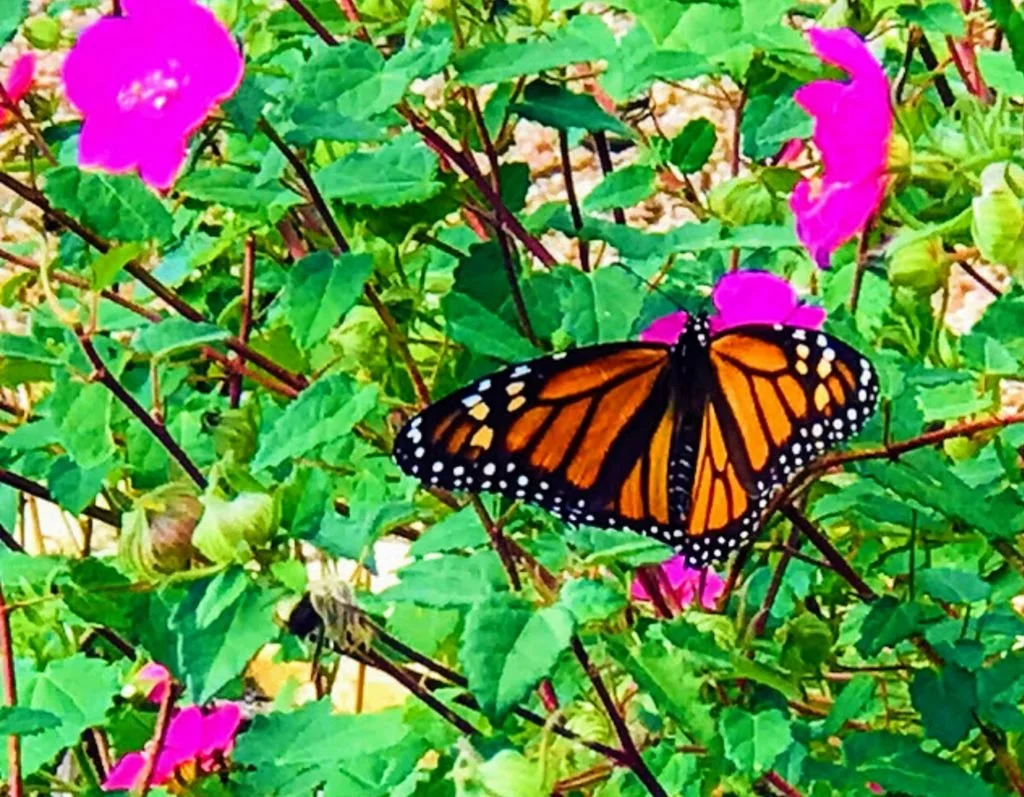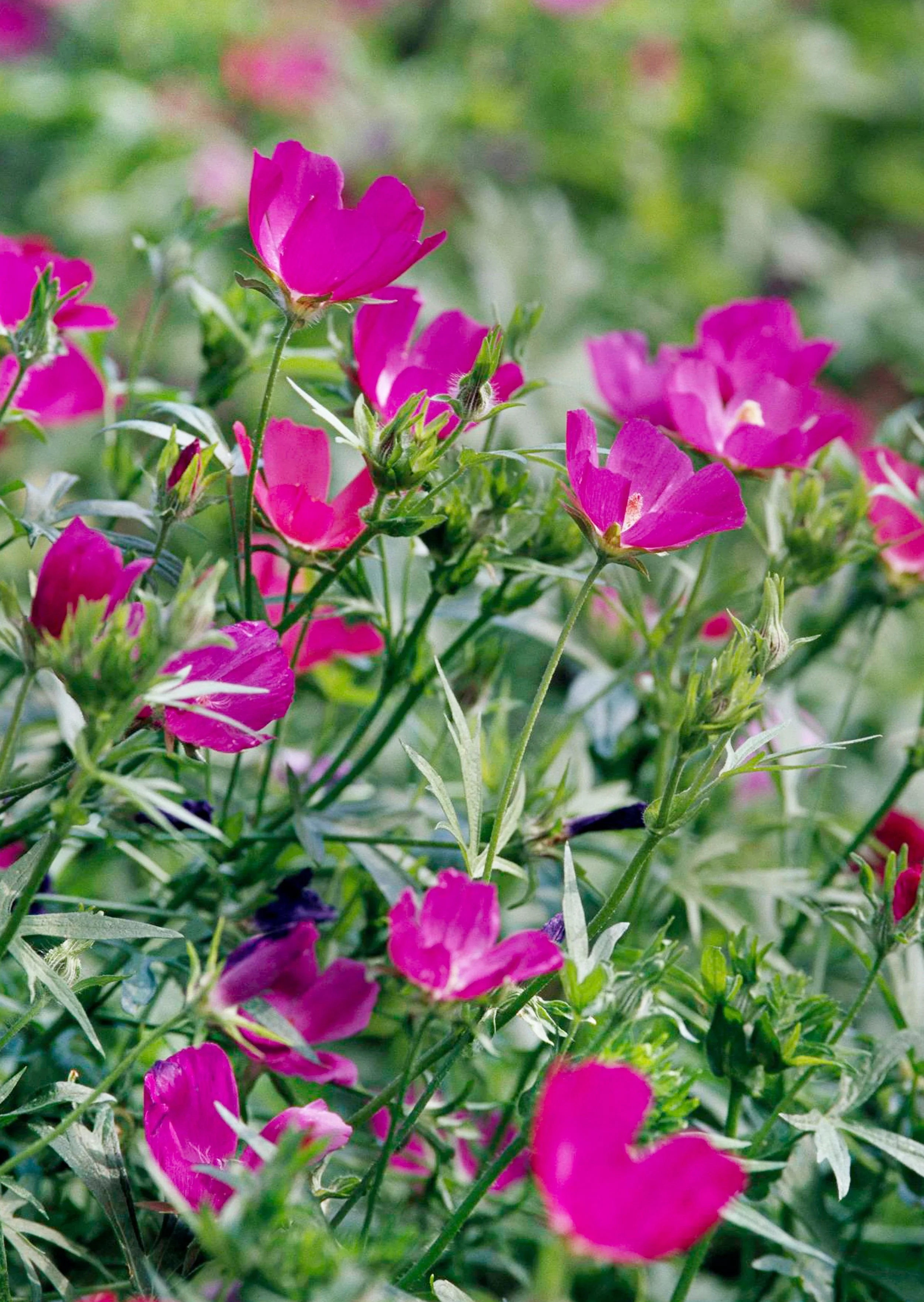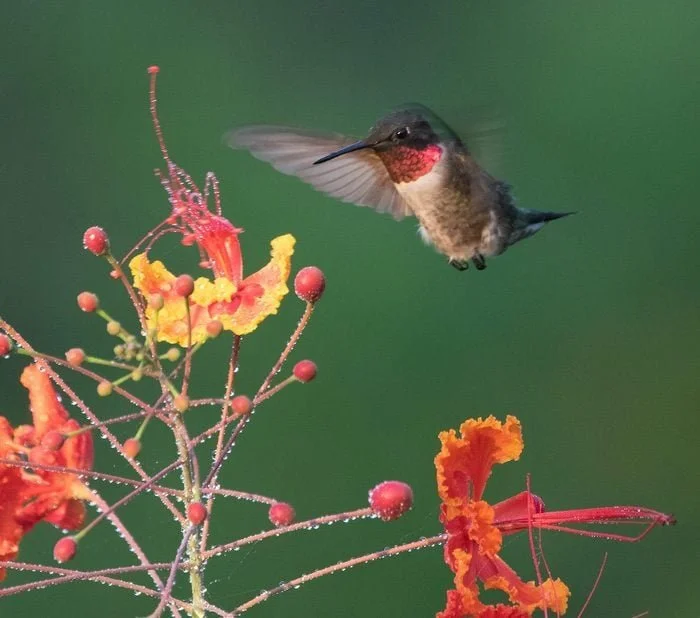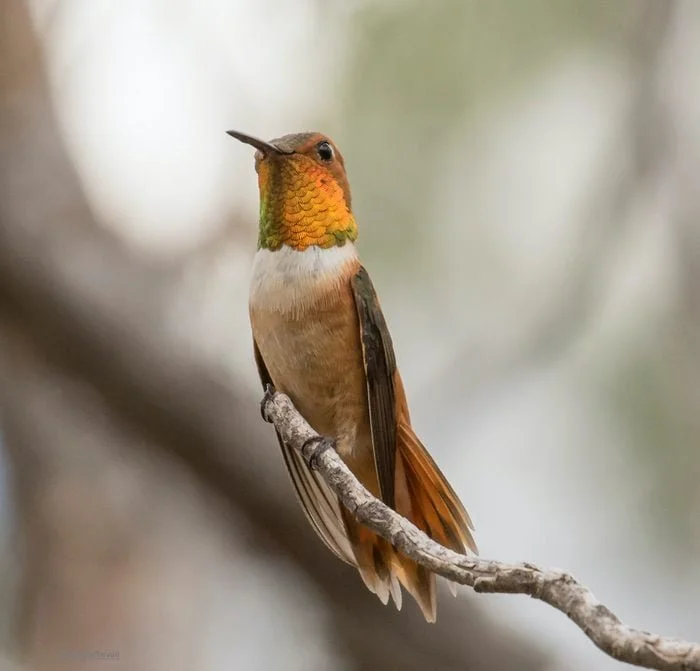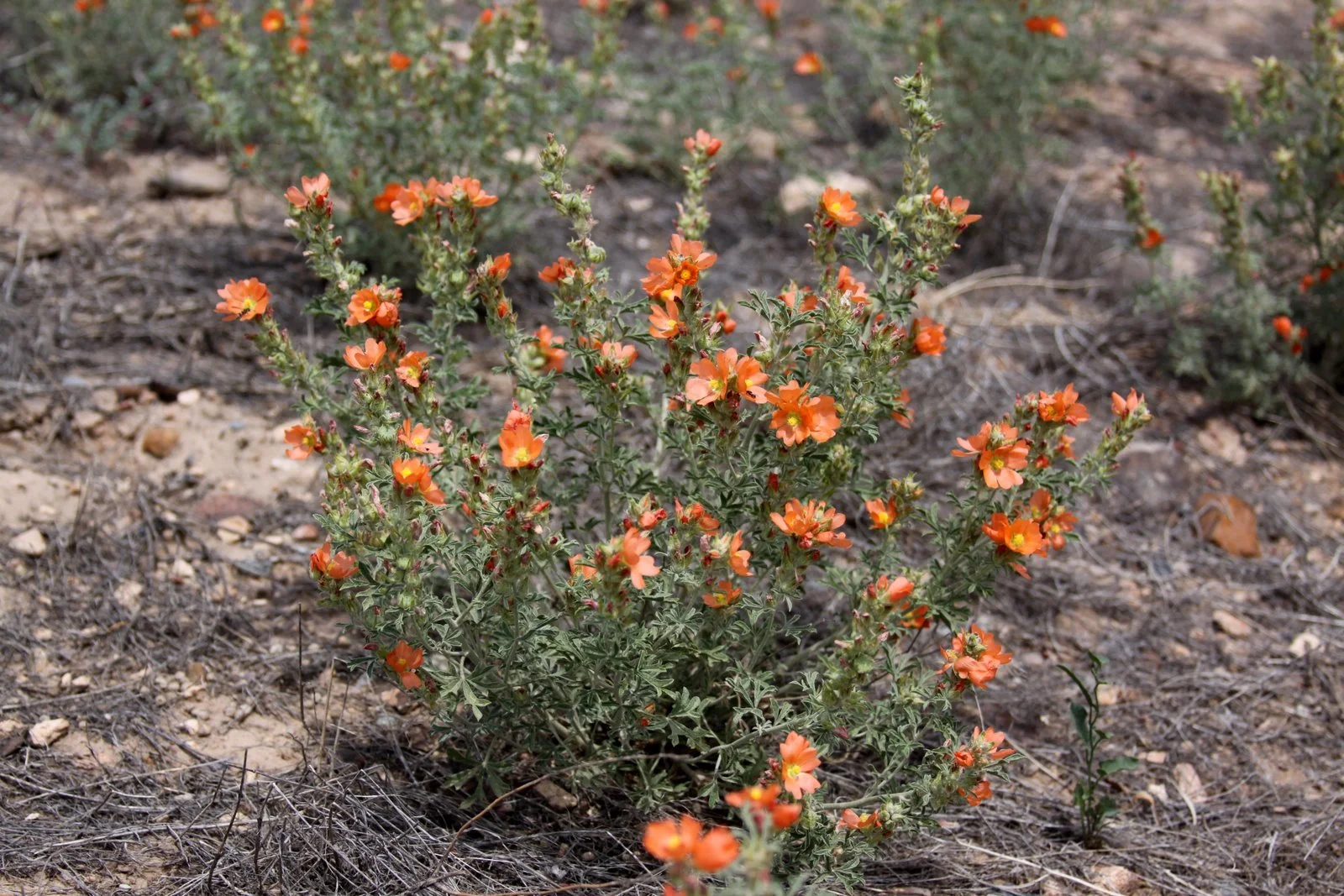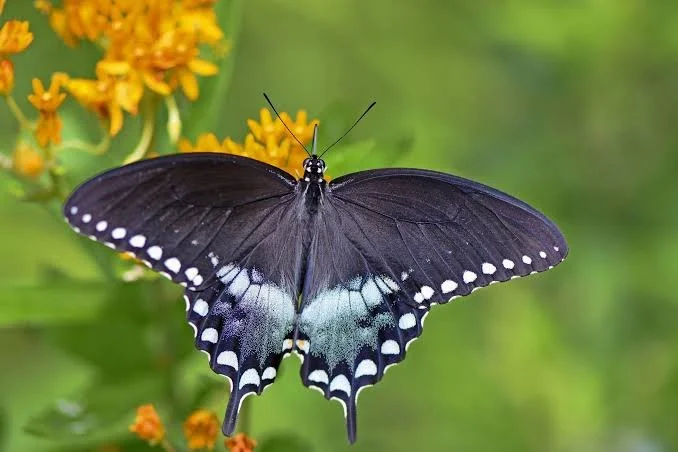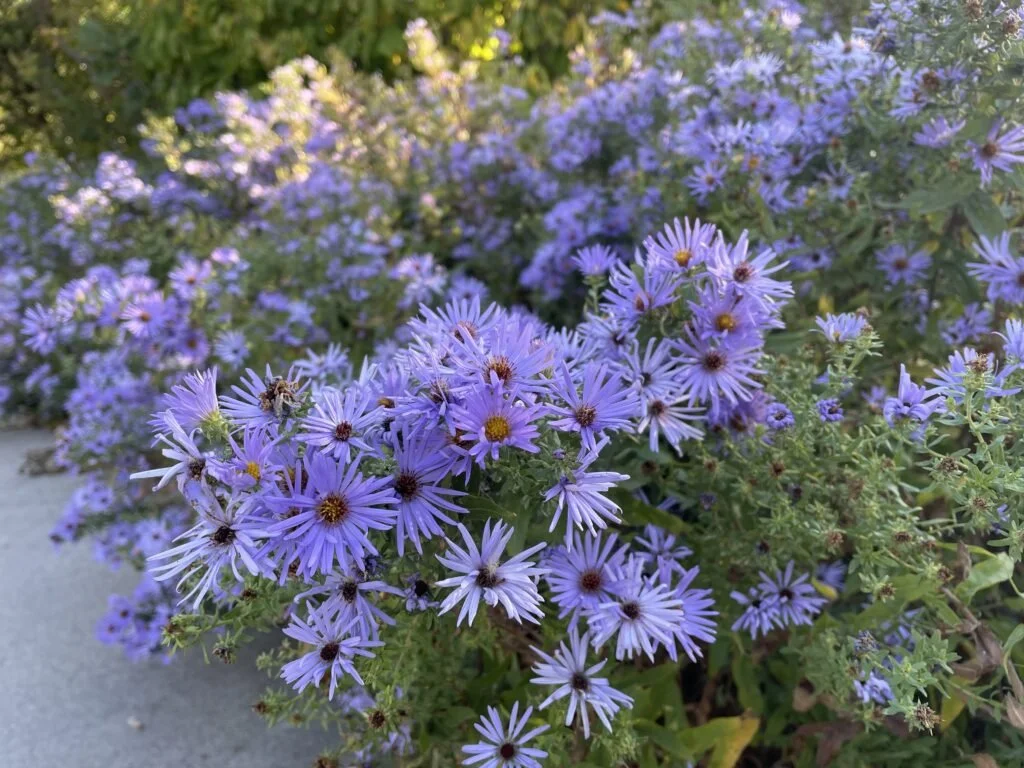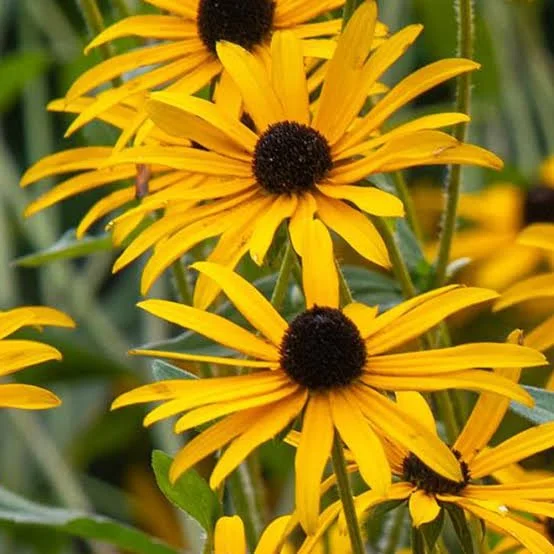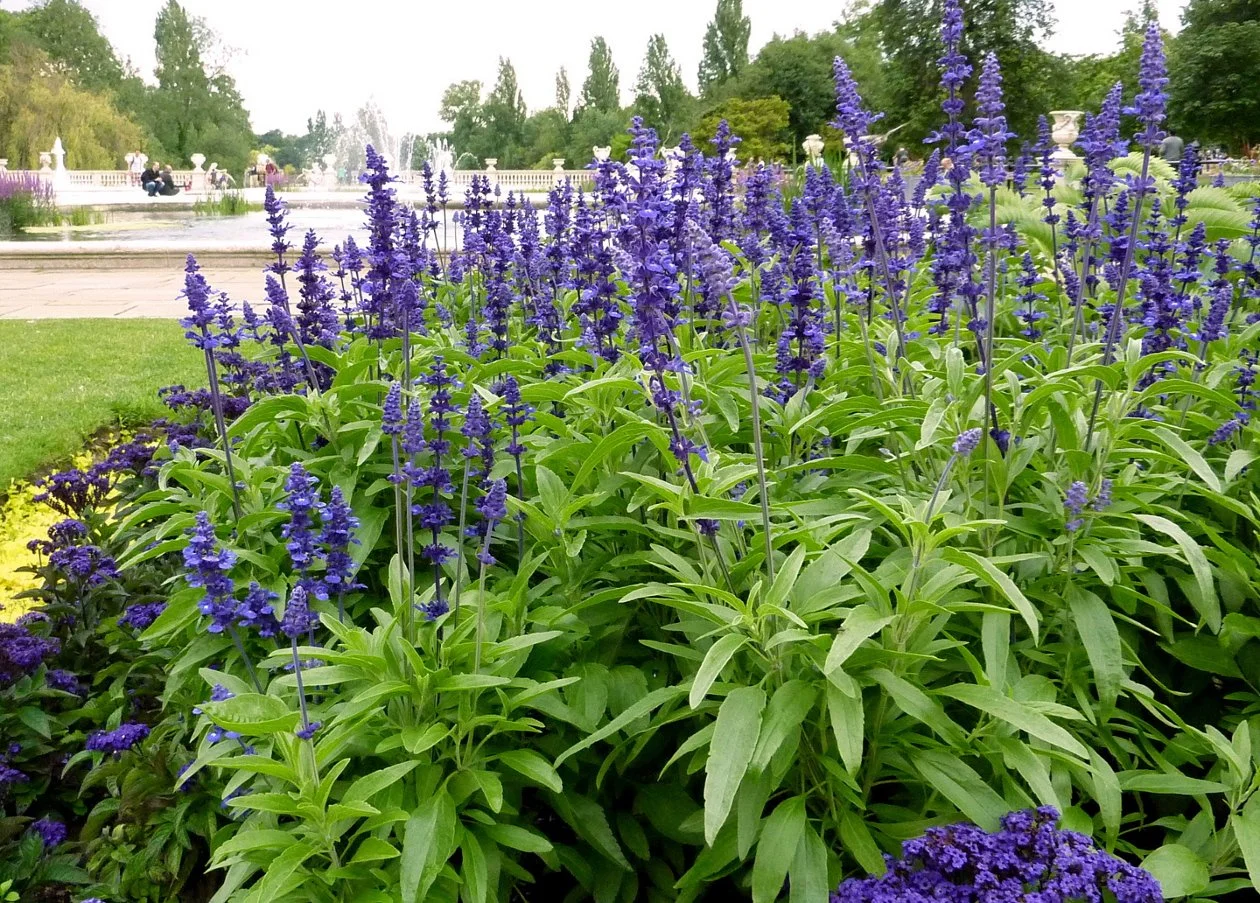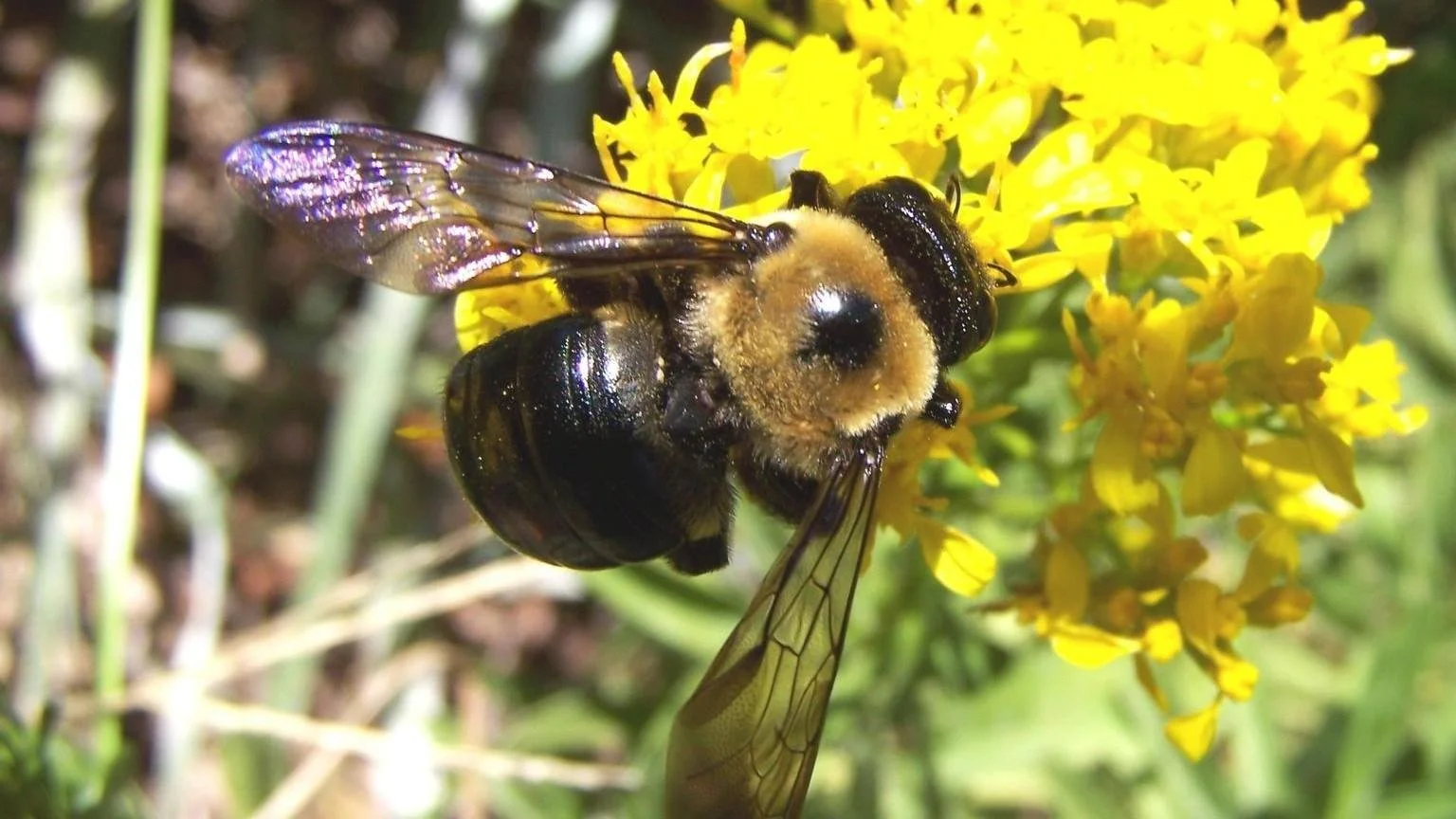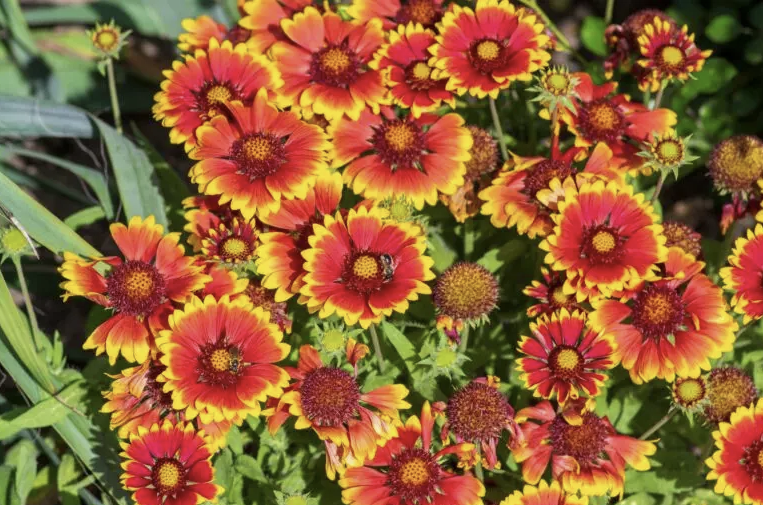Why Pollinators Matter
Texas pollinators are essential to both the environment and economy due to their vital role in plant reproduction. In Texas’ diverse ecosystems—from prairies and hill country to coastal plains—pollinators like bees, butterflies, and hummingbirds help fertilize native plants by transferring pollen between flowers. This natural process ensures the survival of countless plant species, supports biodiversity, and maintains healthy habitats for wildlife. Without pollinators, many Texas wildflowers, trees, and crops would fail to reproduce, leading to cascading ecological consequences.
Beyond their ecological role, pollinators are also economic powerhouses. They contribute to the success of Texas agriculture by supporting the production of crops such as melons, berries, peppers, and almonds. The state’s farmers rely on pollinators to increase yields and maintain food diversity. As pollinator populations face growing threats from habitat loss, pesticide use, and climate change, preserving their migratory corridors and native habitats—like those found in pollinator gardens and trails—is more important than ever. Conservation efforts in Texas not only protect these vital species but also safeguard the broader food web and human livelihoods that depend on them.



